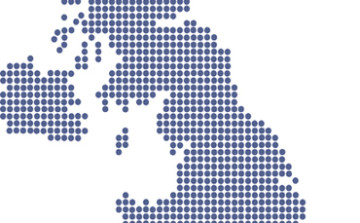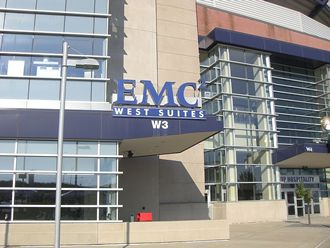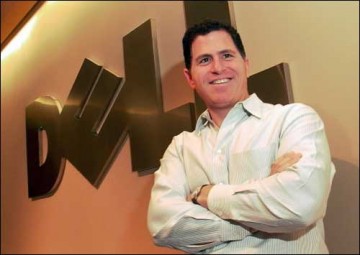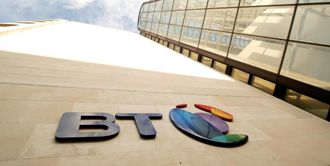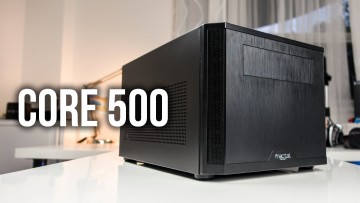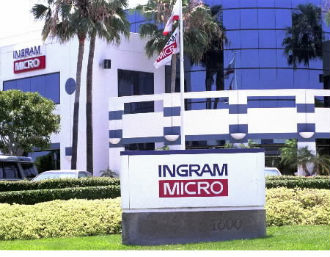 Beancounters at Gartner have added up some numbers and divided them by their shoe size and reached the conclusion that PC shipments in the EMEA region have fallen by 10 percent over last year.
Beancounters at Gartner have added up some numbers and divided them by their shoe size and reached the conclusion that PC shipments in the EMEA region have fallen by 10 percent over last year.
Big G said that global PC shipments had sunk to their lowest point in a decade, with sales falling for a sixth consecutive quarter, down 9.6 percent year-on-year during the first three months of 2016. This was the worst things have been since 2007. But the figures seem to suggest that things in EMEA were worse than anywhere else. Shipments for Q12016 totalled 19.5m units, a 10 percent year over year decline.
Isabelle Durand, principal analyst at Gartner said that the decline in the EMEA PC market is similar to the 9.6 percent decline seen worldwide, but there weres ome differences.
“In EMEA we saw many distinct factors cause clear splits between the consumer and professional PC markets, but also regionally between Western Europe and the rest of EMEA. Some PC vendors struggled to manage inventory and profitability in these diverse and rapidly shifting conditions.”
Looking at vendor performance in EMEA, HP increased its market share lead, despite a shipment decline of 2.5 percent, while Lenovo’s shipments shrank a significant 12.6 percent. Asus, ranked third, was the only vendor in the top five to increase its shipments, growing 3.9 percent.
Acer was by-far-and-away the biggest loser of the quarter, selling 26.4 percent fewer PCs year-over-year.
There was strong growth in demand for ultrabooks and hybrid two-in-one devices in both the business and consumer segments; however, this was not enough to offset the decline in PC sales.
Consumer shipments in the UK and Germany were stable which saved HP’s bacon. Professional shipments of desktops and notebooks fell as business buyers continued to evaluate Windows 10 and delayed major deployments.
“These various trends in major Western European markets reveal that vendors are failing to give consumers and businesses a compelling reason to upgrade their existing PC hardware,” said IDC.
The situation in Russia and Ukraine had a chilling effect on Eastern Europe and Eurasia shipments which also did not do the industry much good.
Durand said buyers in EMEA will likely continue into the second quarter of 2016. “PC vendors must react quickly to varied trends among the professional and consumer segments, and fast-changing market conditions. The structure of the devices market and user purchasing behaviour has fundamentally changed the dynamics of the PC market.” That’s the ticket, Intel.
 Accenture has won a contract with the French gas and power group Engie to develop digital applications to boost its customer service.
Accenture has won a contract with the French gas and power group Engie to develop digital applications to boost its customer service.